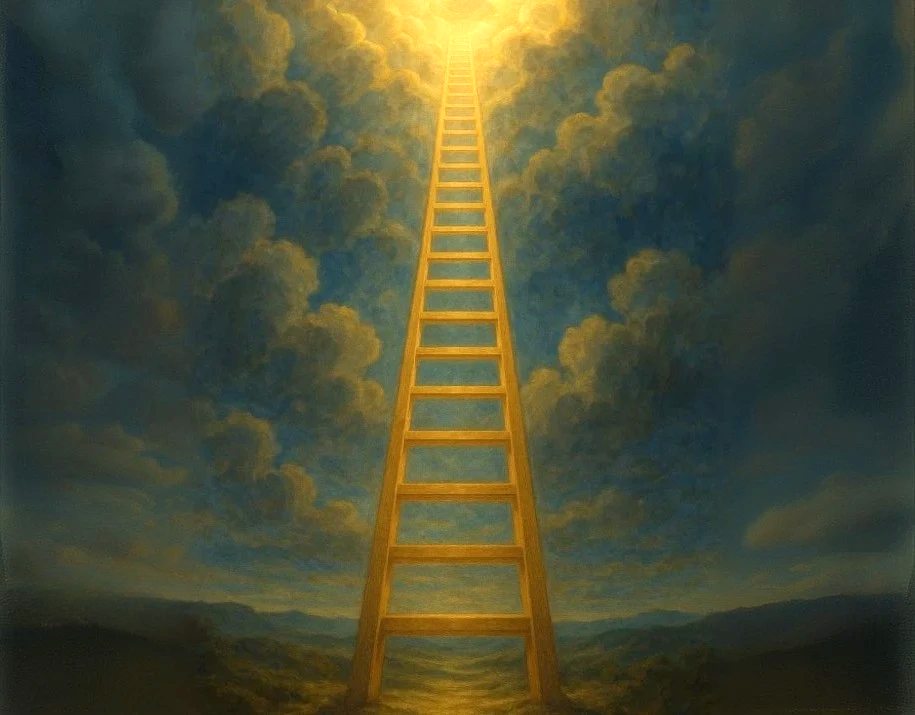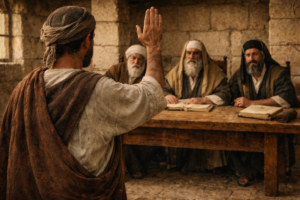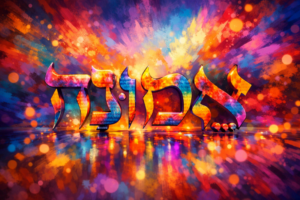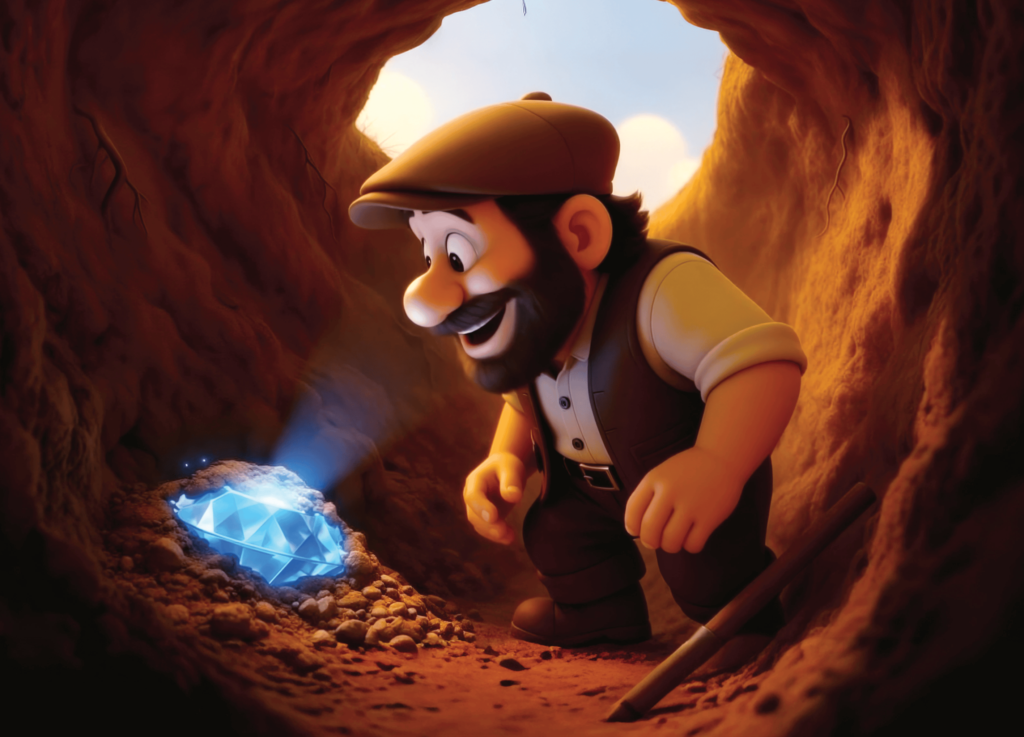Climb the Ladder Upwards
FROM THE UPCOMING ‘REBBE NACHMAN’S SOUL’, ADAPTED FROM HIS AUDIO SHIUR ON SICHOS HARAN 86
DIFFERENT TYPES OF TESTS
Each person has his own tests given to him from Heaven. For example, a person who is addicted to a desire for money doesn’t care about any other type of desire. The tests given to him from Heaven involve earning money or spending money properly, giving the right amount of charity, and so on. The next person who has a different type of evil desire will find that he has no desire to commit wrong with money. Imagine the joy it brings to a person’s soul when he overcomes his temptations and passes the test. There is nothing that can give a person as much credit as passing a test. The great tzaddikim in the time of the Gemara and in all ages were tested with their lives. Each person should know that his personal test involves that which is most difficult for him. At the very least, a person should make every effort to realize how little the gain is when going against the will of HaShem, the will of the Torah, and how immense the good fortune once he corrects his shortcoming.
REENACTING THE RECEIVING OF THE TORAH
On Har Sinai, the Jews received the Torah, and it was in a similar place (Har HaMoriah) that Yaakov Avinu dreamed that he saw a ladder reaching up to Heaven, with angels ascending and descending. That vision represented the receiving of the Torah, because SuLaM (130 = סלם), ladder, has the same gematria as SINaI (130 = סיני). Rabbeinu zal says that the custom of dancing at the chasunah reflects Yaakov’s dream. When people dance, they rise and descend. The chasunah represents the receiving of the Torah, and the dancing reflects the angels rising and descending.
OVERCOMING THE YETZER HARA
There is a certain spice, a medicine that overcomes the poison of the Yetzer Hara, the angel of death – and that is the study of Torah. It is up to you to struggle, to fight, to find the time to learn, because Torah is the one thing that can inspire you in this battle and strengthen you against the Yetzer Hara. If you are tested and the Yetzer Hara tells you to steal, giving you the desire because you may become rich overnight, the Torah inside you tells you, teaches you: you dare not steal.
This is the battle – a harsh battle. No one forces you in either direction. It is up to you to fight this temptation. And that is why we are called Bnei Yisrael. Yisrael means the power to overcome, to defeat the angel – the angel of evil, the angel of death, the Satan. We, the children of Yisrael, also have that power if we want it. There is no such thing as a test a Jew cannot pass if he truly wants to. “You are My dear children. I am your Father. I command you to do this mitzvah – do not listen to outside influences.” The Satan tries to influence you – whom should you listen to, the snake or your Father?
If a person listens to HaShem and remembers his mission on earth, he finds favor in His eyes and HaShem draws him close. If he falls victim to the war of the Satan, he distances himself and falls further away. This distancing is called a Yeridah. When he falls into sin or temptation, it is a yeridah.
THIS WAS THE CASE WITH RABBEINU ZAL
Rabbeinu zal did not reach his aliyah easily. He battled constantly against the Satan because everything he did required struggle. The Satan knew who this child was and who he would become, and therefore tried to stop him from blossoming. Rabbeinu zal said that even as a child he tried to climb the ladder upward, but the Satan knocked him down again and again. The Satan’s main goal is not only to make a person sin – it is to discourage him, to make him give up hope.
Rabbeinu zal is famous for his greatest lesson: “There is no such thing as giving up hope in this world.” If a Jew never gives up hope, he can never be lost. Rabbeinu zal learned this the hard way – through many struggles, rising and falling each time the Satan tried to place obstacles before him. He would start a mitzvah, be blocked, fall back, feel ashamed, and start again. Midnight prayers, Chatzos, Vasikin, learning long hours – everything required enormous effort. And still, he sometimes fell back and had to begin anew.
Every day Rabbeinu zal experienced aliyos and yeridos – not for months, but every single day. He would never fall completely. If he fell, he would rise again. He would never give up this battle. This vow saved him. From then on he knew he would win, and he continued struggling in the battle with the Yetzer Hara.
This is the main advice Rabbeinu zal taught: to pray constantly, to never give up hope, and to begin again each and every time. A person who starts anew every day—with fresh strength, fresh resolve, and a fresh heart—can never be defeated. Even if he falls, even if he stumbles, even if the Yetzer Hara knocks him down again and again, as long as he rises and begins again, he is ultimately the winner.
This was the path of Rabbeinu zal: endless perseverance, endless new beginnings, endless battles followed by endless comebacks. And through this, he reached unimaginable heights in kedushah. He never surrendered, never despaired, and never stopped starting again.
- 0 comment





















